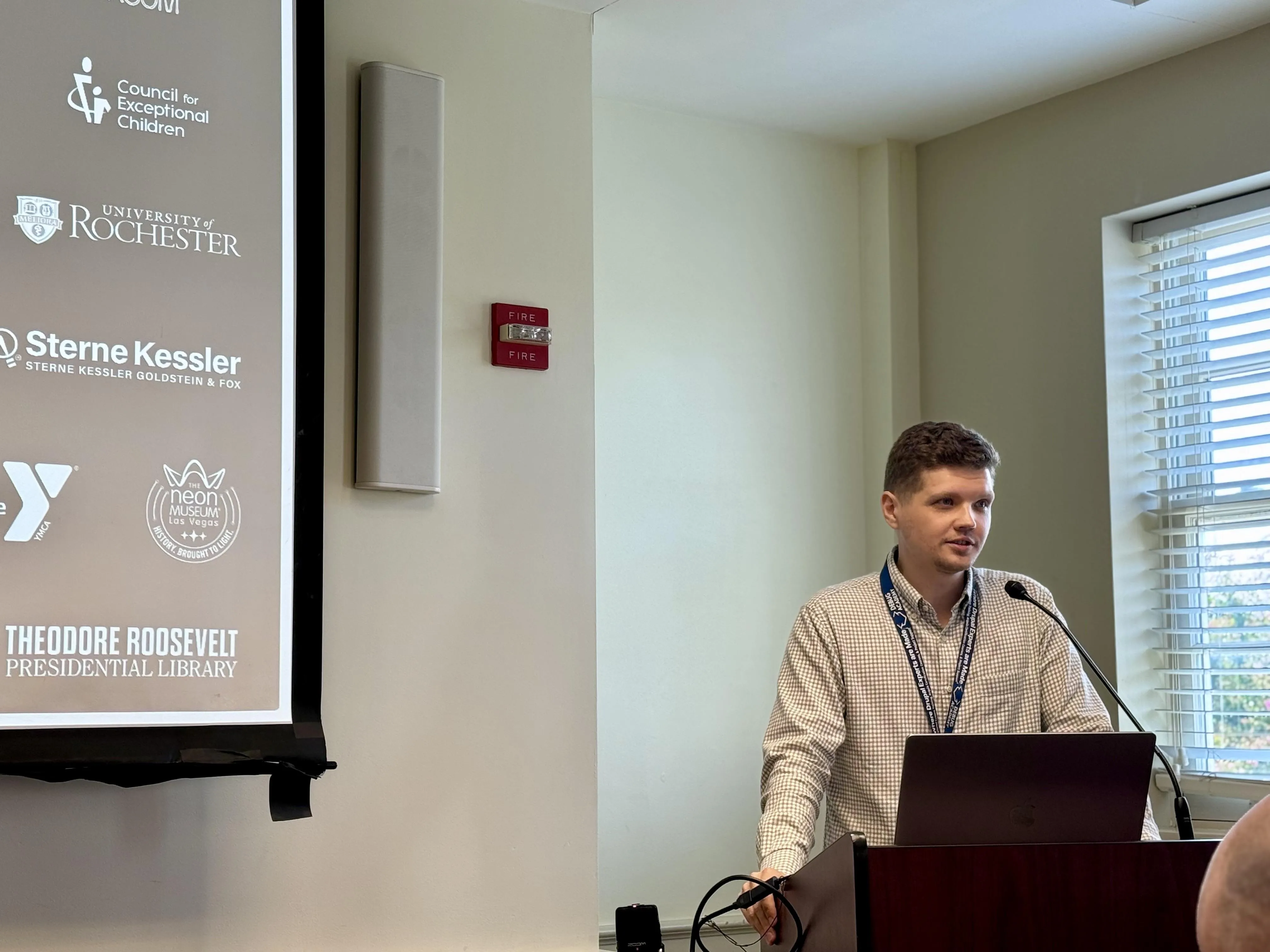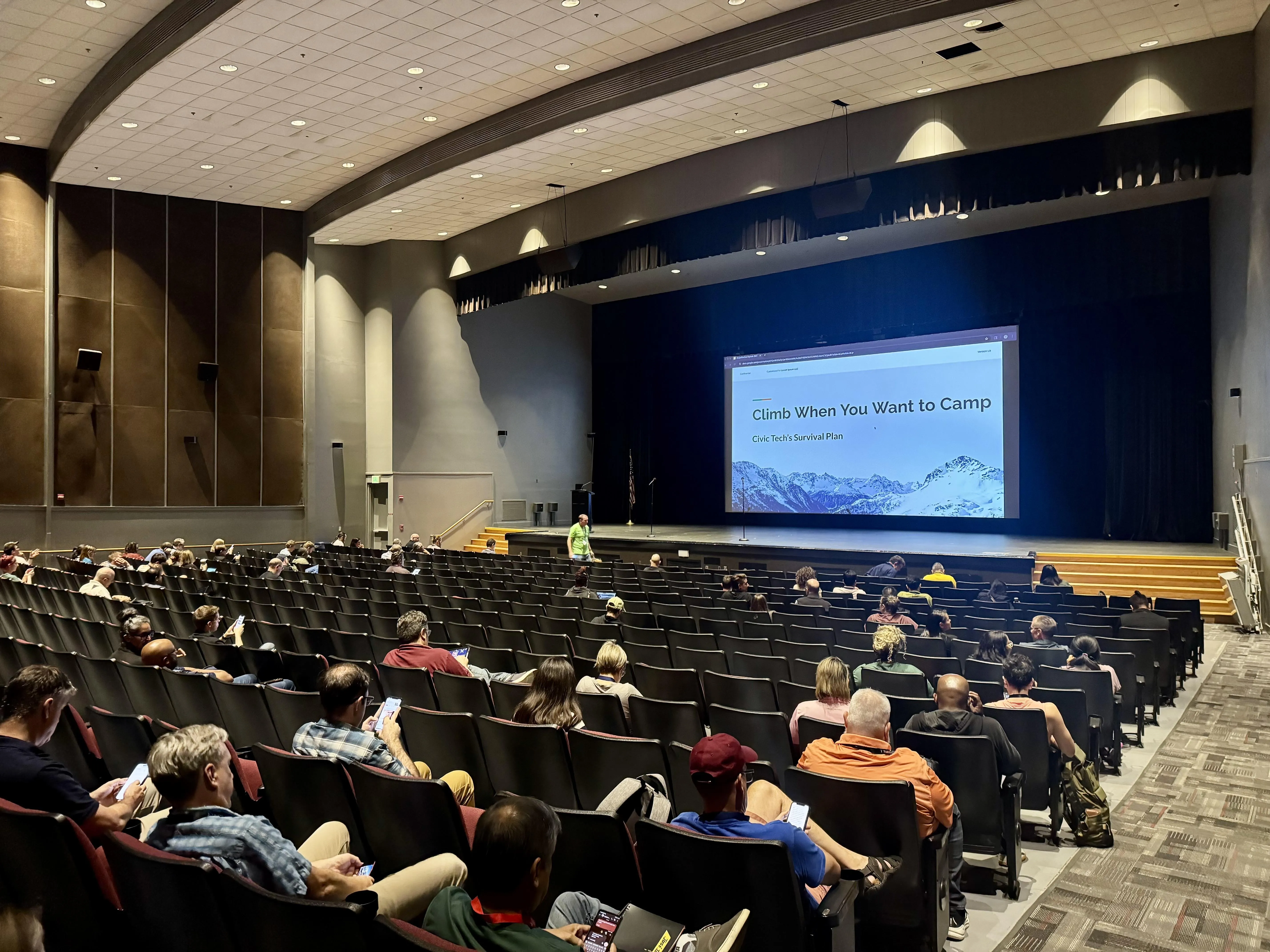I attended DrupalGovCon 2025 at the University of Maryland, Washington DC and presented on Connecting AI, vector search, CMS, CRM and analytics, exploring how to bridge disconnected systems using lightweight orchestration layers and open-source AI tools.
 My session at DrupalGovCon 2025
My session at DrupalGovCon 2025
The Drupal community today
The Drupal community remains technically strong, speakers delivered real knowledge instead of marketing fluff, unlike many business conferences. However, there’s a noticeable gap between Drupal’s current AI capabilities and where the industry is heading. While the community understands the importance of AI integration, practical implementations are still limited. Drupal faces an interesting challenge: maintaining its strength in content management while adapting to AI-first architectures. The platform needs to evolve faster to stay competitive with headless CMS solutions and AI-powered platforms.
Key takeaways
DrupalGovCon 2025 highlighted several important trends for the Drupal ecosystem:
-
AI integration is becoming essential: Government and public sector organizations need AI capabilities, but they require open-source, transparent solutions that maintain data sovereignty and security compliance.
-
Open source AI stack maturity: Tools like Supabase, Ollama, Qdrant and LiteLLM provide production-ready alternatives to vendor-locked AI platforms, giving government organizations control over their AI infrastructure.
-
Community adaptation speed: While the Drupal community has strong technical foundations, the pace of AI adoption needs to accelerate to remain competitive with modern content platforms.
-
Data safety and privacy: Government and public sector AI implementations require strict data governance, which brings a new set of challenges on how to properly host and secure data.
 Keynote session at DrupalGovCon 2025
Keynote session at DrupalGovCon 2025